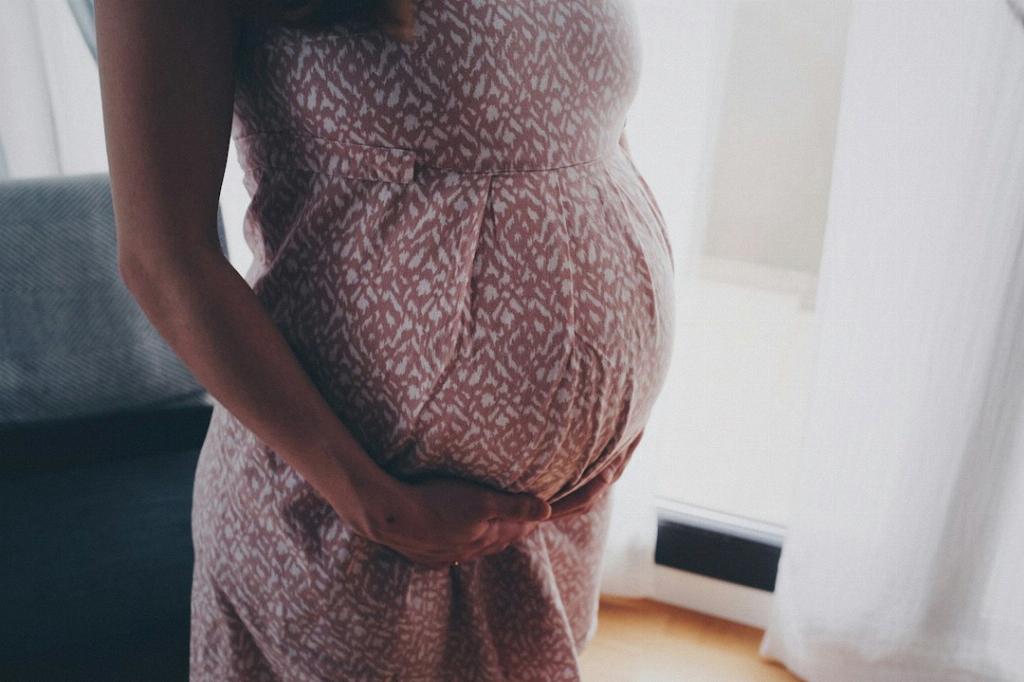After experiencing the miraculous journey of pregnancy and childbirth, women often face the challenge of adjusting to hormonal fluctuations postpartum. While it’s normal for hormones to fluctuate during and after pregnancy, some mothers may develop a hormonal imbalance that can disrupt their well-being. Understanding the signs of hormonal imbalance is crucial for seeking appropriate treatment and support.
1. Mood Changes
One of the key indicators of a hormonal imbalance after pregnancy is experiencing persistent mood swings, irritability, anxiety, or depression. The sudden drop in hormone levels postpartum can affect neurotransmitters in the brain, leading to emotional changes that may require medical attention.
2. Fatigue
Chronic fatigue or extreme exhaustion that persists despite adequate rest and sleep can be a red flag for hormonal imbalance. The physical demands of pregnancy, labor, and caring for a newborn can deplete energy reserves, but ongoing fatigue may indicate underlying hormonal issues.
3. Irregular Menstrual Cycles
Changes in menstrual patterns, such as irregular periods, heavy bleeding, or absence of menstruation, can signal hormonal imbalance after pregnancy. Fluctuations in estrogen and progesterone levels can impact the menstrual cycle, affecting fertility and overall reproductive health.
4. Weight Fluctuations
Hormonal imbalances post-pregnancy can contribute to unexplained weight gain or difficulty losing excess pregnancy weight. Disrupted hormone levels may affect metabolism, thyroid function, and fat storage, making it challenging to maintain a healthy weight.
5. Hair Loss
Experiencing significant hair loss or thinning after childbirth, known as postpartum alopecia, can be linked to hormonal changes. Fluctuations in estrogen and progesterone levels can disrupt the hair growth cycle, leading to shedding and temporary hair loss.
6. Skin Changes
Hormonal imbalances can manifest in various skin issues postpartum, such as acne, dryness, or hyperpigmentation. Changes in hormone levels can affect sebum production, collagen synthesis, and skin elasticity, impacting the skin’s appearance and health.
7. Breastfeeding Challenges
Women who are breastfeeding may experience difficulties with milk supply or lactation due to hormonal imbalances. Inadequate levels of prolactin or oxytocin, essential hormones for breastfeeding, can affect milk production and breastfeeding success.
8. Digestive Issues
Some women may develop gastrointestinal symptoms like bloating, constipation, or indigestion as a result of hormonal fluctuations post-pregnancy. Hormones play a role in gut motility and digestion, and imbalance can lead to digestive discomfort.
9. Sleep Disturbances
Insomnia, disrupted sleep patterns, or difficulty falling asleep can be signs of hormonal imbalance affecting postpartum sleep quality. Hormonal changes can influence the circadian rhythm, melatonin production, and overall sleep-wake cycle.
10. Libido Changes
Fluctuations in hormone levels after pregnancy can impact sexual desire, arousal, and satisfaction. Some women may experience a decrease in libido due to hormonal imbalances affecting estrogen, testosterone, or neurotransmitters involved in sexual function.
11. Immune System Susceptibility
Weakened immune function or increased susceptibility to infections can be linked to hormonal imbalances post-pregnancy. Hormones play a role in regulating immune responses, and disruptions in hormonal levels may compromise the body’s ability to fight off illnesses.
12. Cognitive Function
Changes in cognitive function, memory issues, or difficulty concentrating may be associated with hormonal imbalances after pregnancy. Hormones influence brain health, neurotransmitter activity, and cognitive processes, impacting mental clarity and focus.

